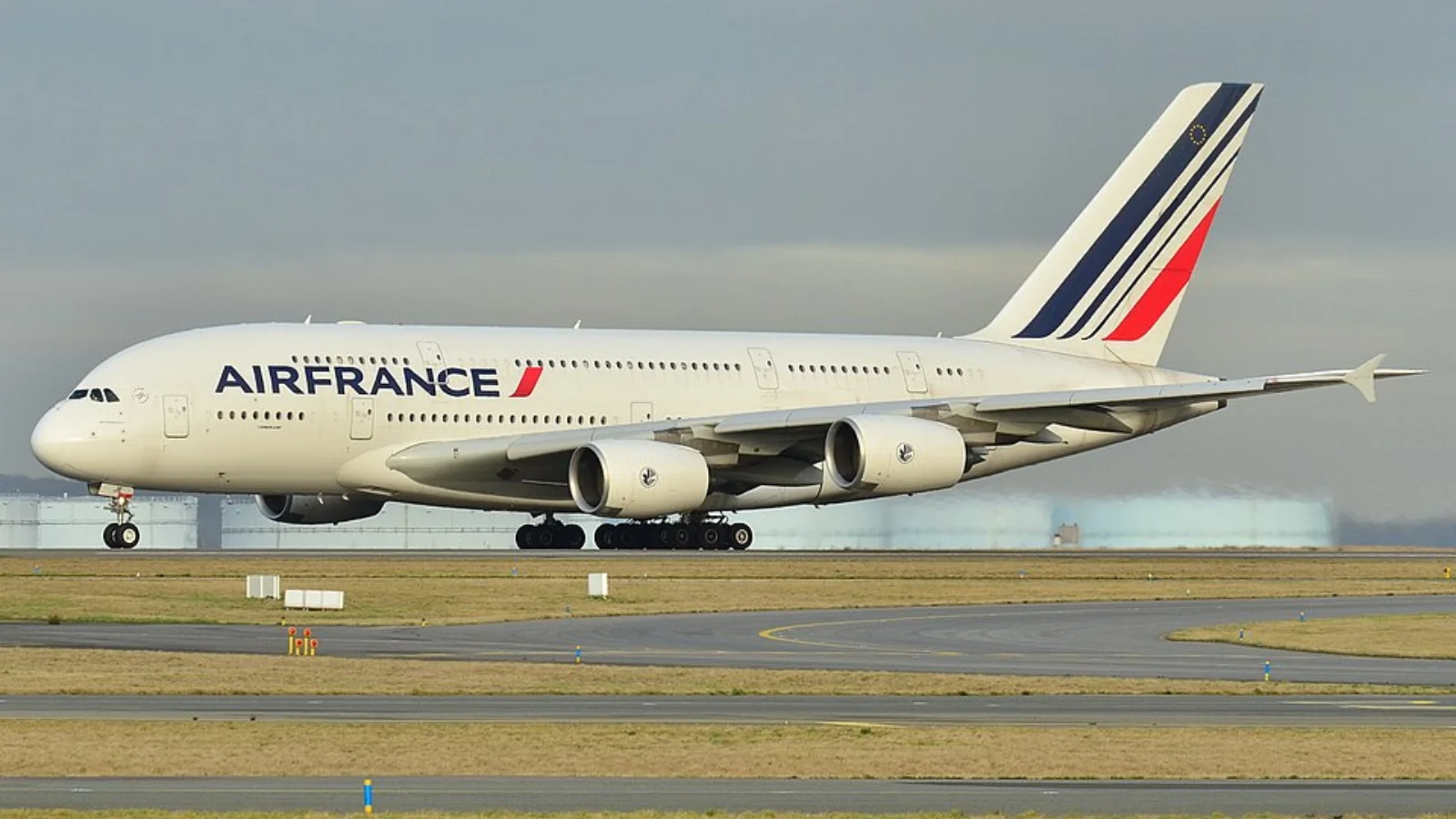Growth in the aviation industry is increasing post-pandemic, placing pressure on airlines to reduce carbon emissions and transition to Sustainable Aviation Fuel (SAF). This shift may result in higher passenger ticket costs, potentially reducing demand for air travel. Airlines worldwide are committed to achieving net-zero emissions by 2050 through research and new green technologies. The aviation sector contributes up to 3% of global carbon emissions, a figure expected to rise with increased air travel demand.
Key strategies include using SAF produced from renewable resources like waste oils and biomass, which can reduce emissions by up to 80% compared to traditional jet fuel. While climate summits have seen airlines pledge towards net-zero emissions and new aircraft technologies, fully developed hydrogen or electric passenger aircraft remain years away. Improvements in air traffic management could also reduce carbon emissions but at significant costs that might impact consumers.
The cost of SAF production is currently up to five times more expensive than traditional jet fuel, with its use in commercial aviation hovering around just 0.2%. Increased SAF production could stimulate job creation and investment in agriculture and waste management while providing environmental benefits such as reduced greenhouse gas emissions and improved air quality.
 Alerts Sign-up
Alerts Sign-up





































